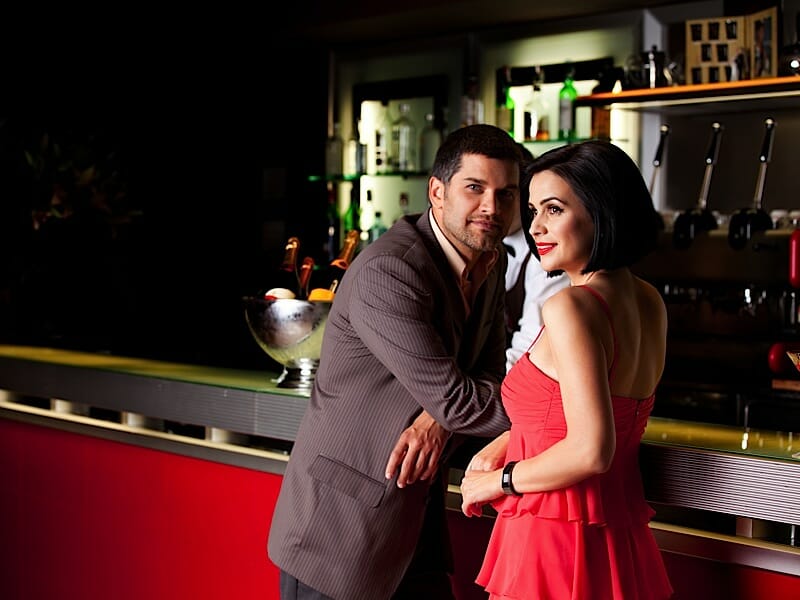Here’s the deal; the facts are in. At least 50% of marriages don’t make it—which, if you’re a gambler, is slightly better than a crap shoot.
Celebrities are notorious for quickie marriages, and it would seem obvious to many people that marrying someone you have only known a few weeks would increase your odds of failure…among other things. So perhaps a better question to ask is not what are the downsides, but rather…why? Why get married? So you can have a party? It’s not like love has a shelf life.
Can A Quickie Marriage Be Successful?
What I do know about celebrities is they know something about success. It takes discipline, skill and focus (and perhaps a little luck) to turn your desire into reality. I am not convinced that celebrities understand the game they are in, that is, when it comes to relationships. I feel whatever their motivations for wedlock—“looks good, feels good,” ratings, or whatever—they would benefit by focusing on the fact that the same commitment, discipline and skill that supported their success is needed to enjoy a successful relationship; particularly a healthy, fulfilling, sustainable one.
While celebrity marriages may seem qualitatively different than the average boy-meets-girl scenario, all relationships thrive best when they rest on a solid foundation. In some ways, the celebrity relationship needs to pay even greater mind to this, as their relationship is subject to stresses, pressure and scrutiny that on a good day most of us cannot even fathom.
So I would say to anyone considering a quickie marriage, go for it! IF you have managed in this three-week period to establish the following, at minimum:
-Their top three non-negotiables.
-If this person is worthy of their unconditional devotion and respect.
-A strong “out” clause or good consciousness agreement.
-If they themselves are a strong, loyal, devoted, trustworthy partner.
-They have revealed all their deep secrets or habits that have the potential to destroy the relationship if not revealed and healed.
-They have cleaned up all their past relationships.
-Have the capacity to tell the truth despite the consequences, and see the value of truth as a cornerstone of their relationship.
-Love each other’s friends and current daily lifestyle.
-Have agreed upon children and child-rearing responsibilities.
-Understand and are in alignment about money.
-They are confident in each other’s ability to negotiate their feelings and concerns responsibly.
-Know what each other values most in life.
-Have shared and are in alignment and support of their 10-year plan.
-Have agreed to see someone (either within the family or outside) to act as an unbiased counselor, to help support the relationship should they get stuck or feel they cannot resolve any matter that has the potential to end the relationship.
Off To A Good Start
This, I believe, would afford anyone a good start. While relationships are a great breeding ground for personal development, chemistry as a litmus test for the potential of a relationship is too often a crash-and-burn method & can be quite painful. Rather than each failed relationship being a lesson learned, the pain becomes either fuel for the next one or a barrier to intimacy.
In our 20’s we are at a peak in some ways, in terms of learning about who we are and who we are not, and oftentimes get into relationships based largely on chemistry—without having acquired some essential relationship tools and turned them into skills. Life will teach us soon enough. The good news is, if you really want a healthy relationship, you are in a position to develop these skills, provided you have interviewed each other and revealed their shadows and non-negotiables to each other. Some of these deal-breakers, like infidelity or drug or alcohol addiction, are things that you want to know before you get married, not after!
